The Evolution of Shonen Heroes: From Goku to Today’s Icons
September 19, 2024
The Evolution of Shonen Heroes: From Goku to Today’s Icons
Shonen anime has been a cornerstone of popular culture for decades, shaping the narratives of powerful, determined, and often young heroes. But how have these characters evolved from the iconic Goku to today’s protagonists like Deku or Tanjiro? Let’s explore the journey of these heroes and what their transformations reveal about changing societal values.
Understanding Shonen Heroes
At its core, a shonen hero is typically a young male protagonist embarking on an epic journey filled with battles, growth, and self-discovery. The genre is known for its action-packed sequences and emotionally charged moments, and the hero’s unwavering will to overcome challenges no matter the odds.
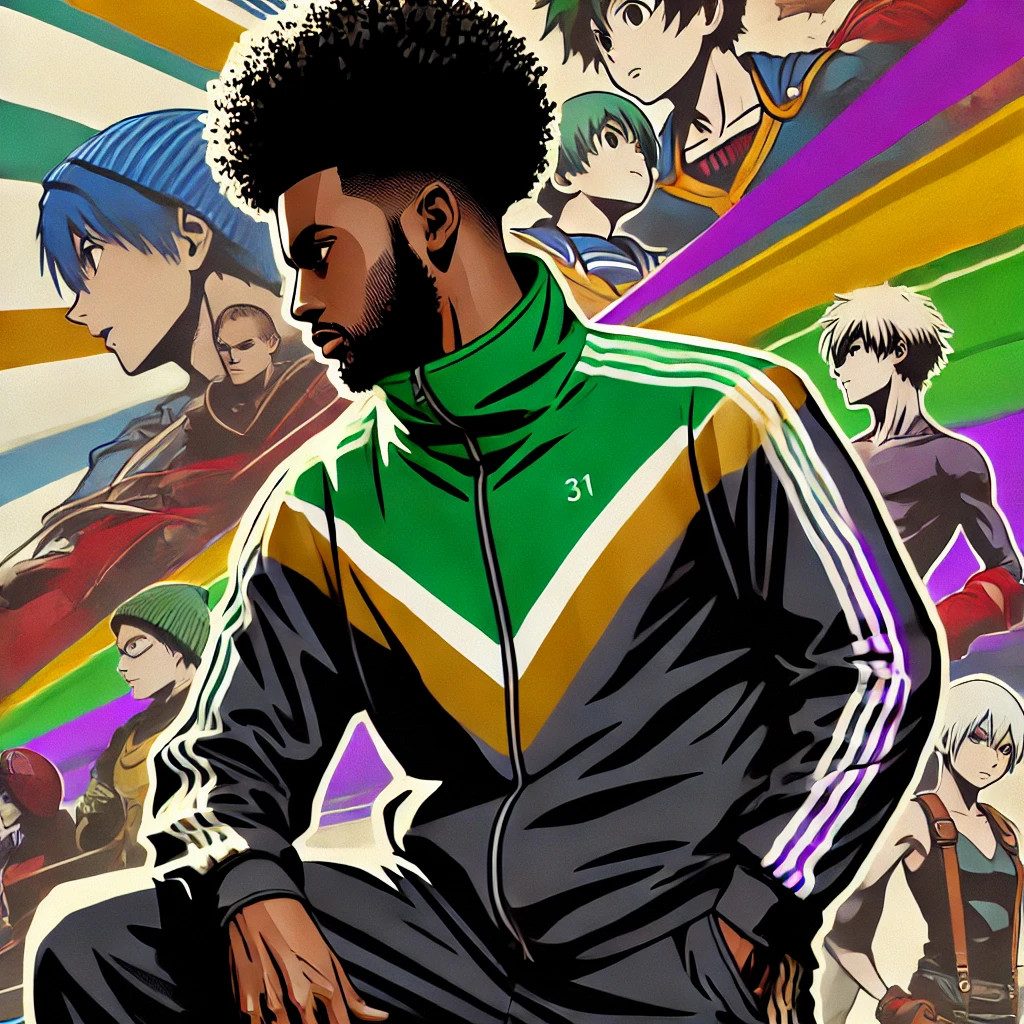
Shonen Heroes in Action: From Past to Present
1. Goku (Dragon Ball Z):
The original template for many shonen heroes, Goku is the embodiment of pure determination and constant growth. His endless pursuit of strength and battle-readiness is timeless, and he remains one of the most influential characters in anime history.
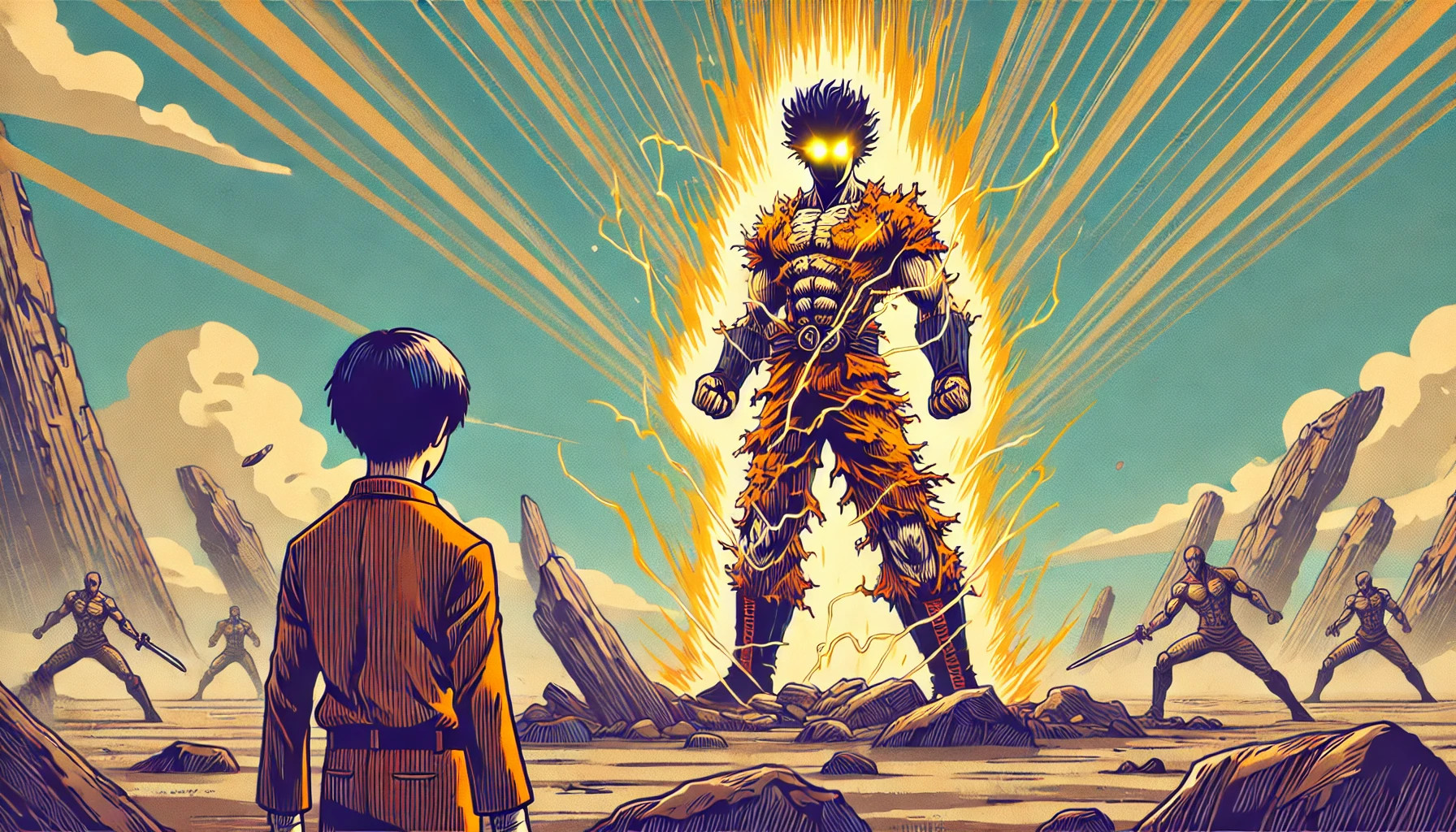
2. Naruto Uzumaki (Naruto):
Naruto’s journey from a misunderstood outcast to the hero of Konoha reflects a more emotionally complex take on the shonen hero. Themes of loneliness, friendship, and inner strength set Naruto apart, showing how the genre has evolved to include deeper emotional storytelling.
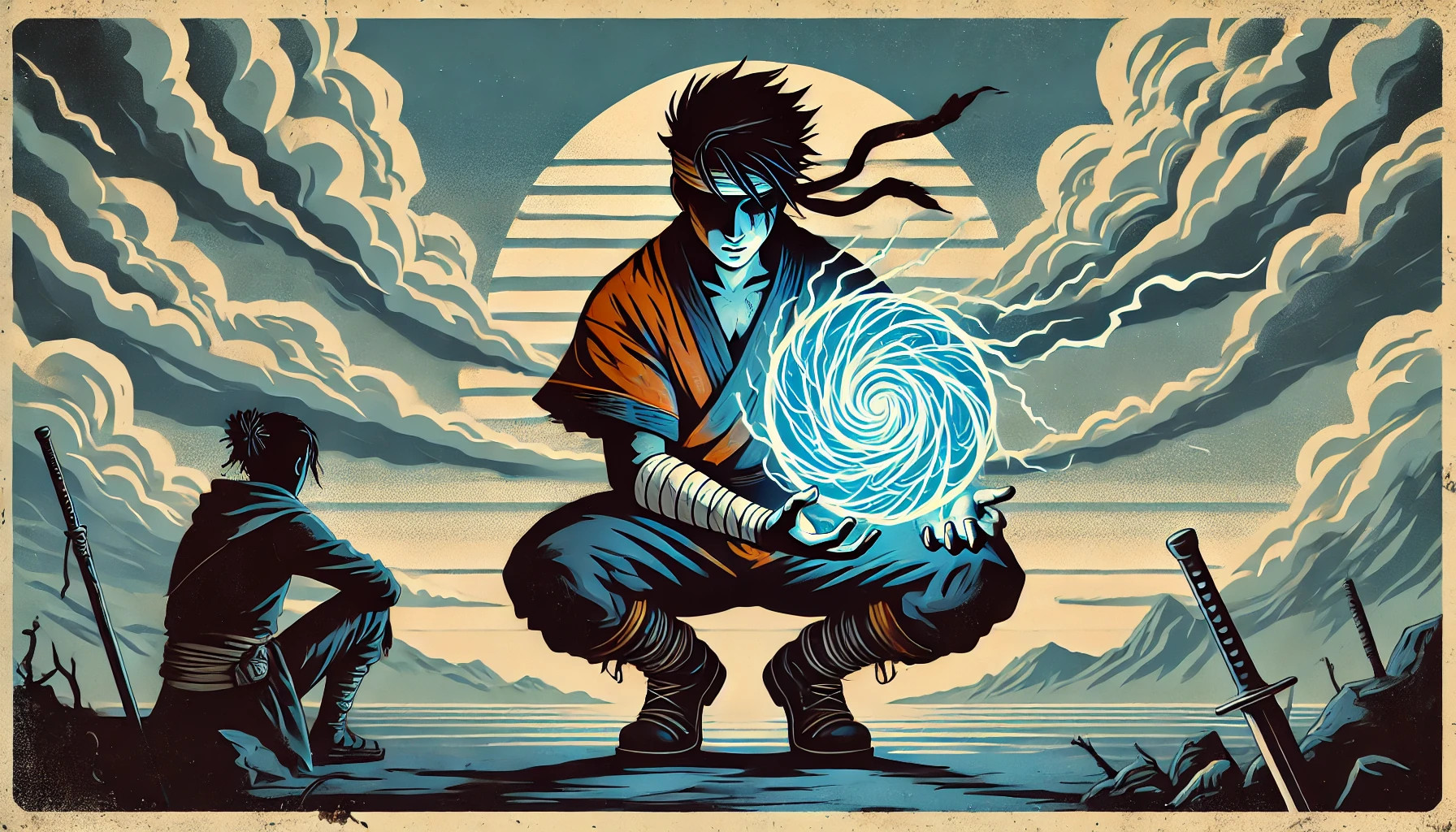
3. Monkey D. Luffy (One Piece):
Luffy brings a sense of fun and freedom to the shonen hero archetype. His dream of becoming the Pirate King is as much about the journey and the bonds he forms as it is about power. Luffy represents the unyielding optimism that the new generation of heroes embodies.
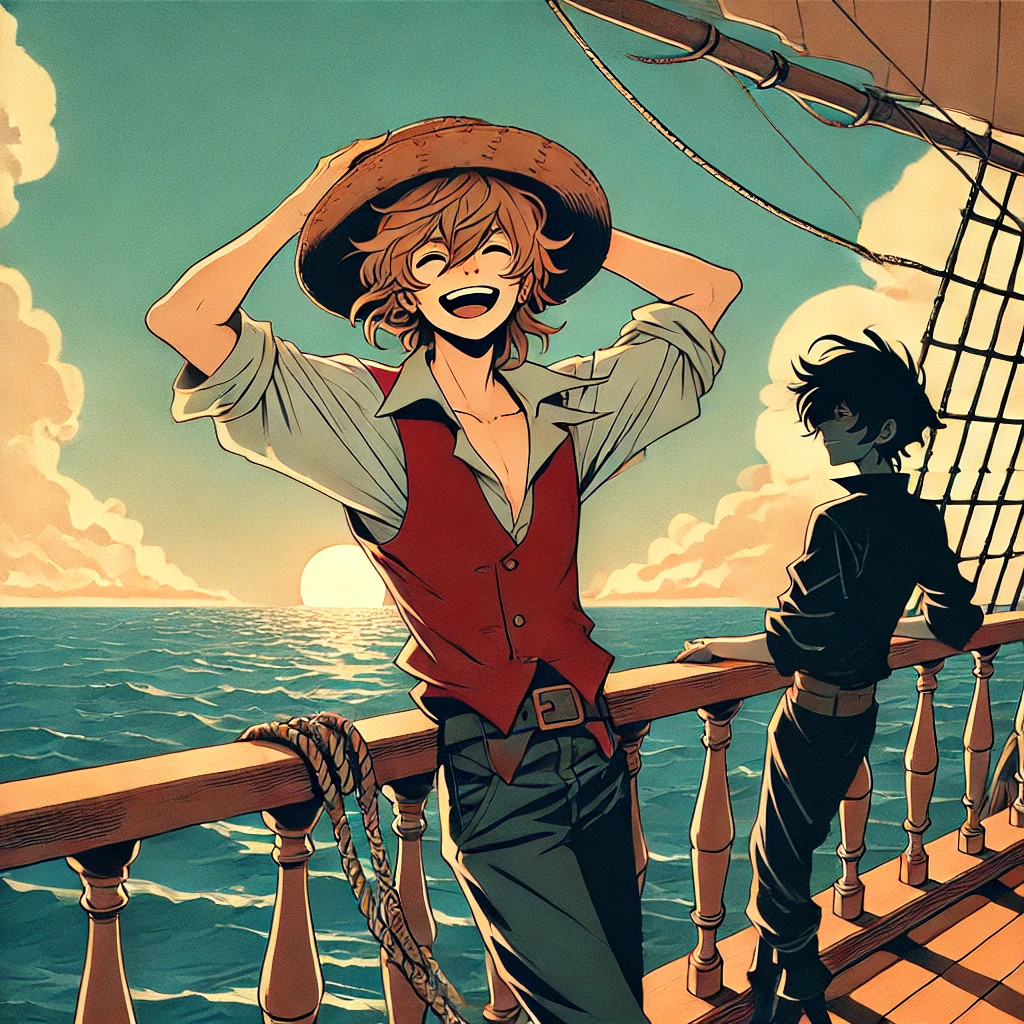
4. Izuku “Deku” Midoriya (My Hero Academia):
Deku’s story is one of vulnerability, where he starts with no powers but gains strength through sheer grit and mentorship. His narrative speaks to modern themes of empowerment, teamwork, and facing self-doubt—a shift towards more introspective and relatable heroes.
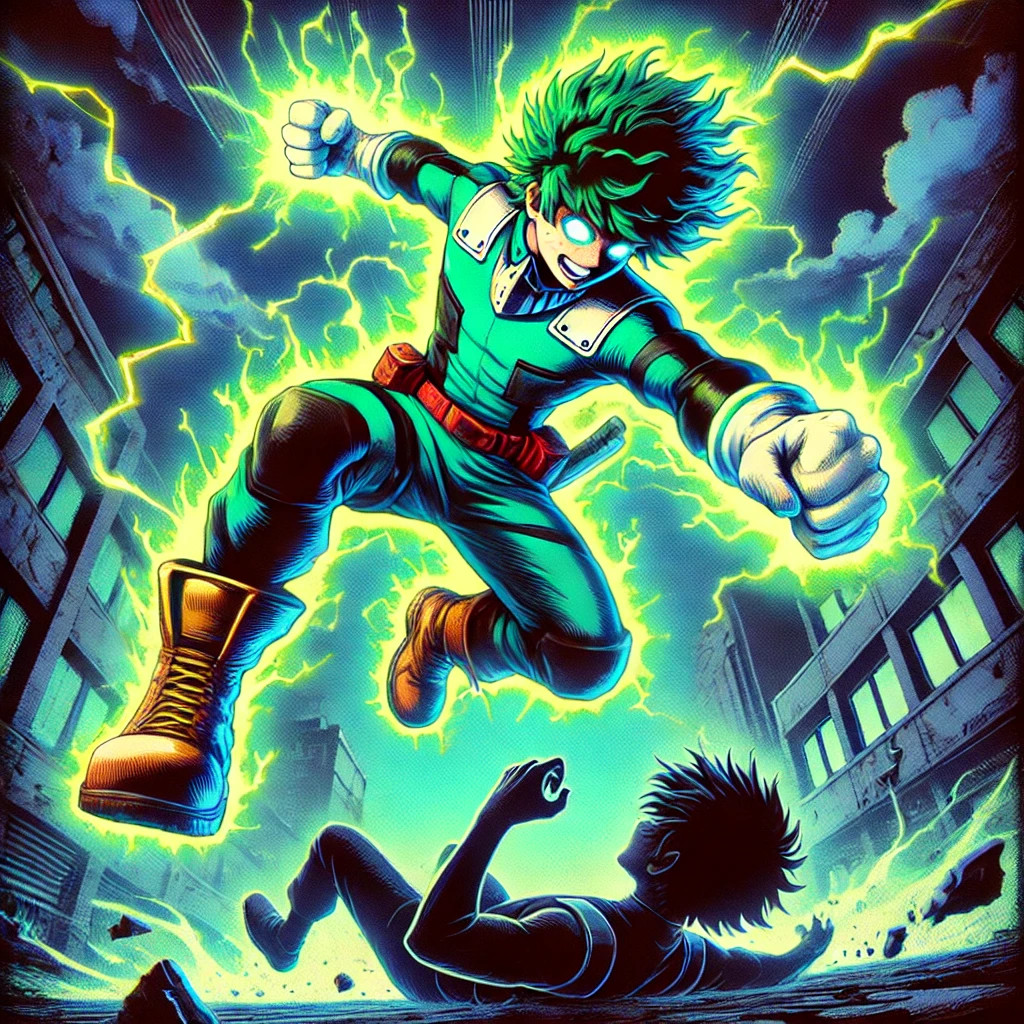
Overcoming Challenges: Keys to Shonen Success
Shonen heroes are known for overcoming insurmountable challenges. From powerful villains to personal trauma, they embody the values of resilience, friendship, and growth. As the genre has matured, so have the types of obstacles these heroes face:
- Emotional Depth: Modern shonen heroes struggle with internal battles, like self-worth or fear of failure, making them more relatable.
- Team Dynamics: Heroes are no longer lone wolves; teamwork and mentorship have become essential elements of their journeys.
- Changing Values: Today’s protagonists often reflect more inclusive and diverse worldviews, with a focus on moral gray areas rather than simple good versus evil.
The Future of Shonen Heroes: Expanding the Legacy
Shonen heroes are evolving rapidly to reflect global changes. As anime reaches a more diverse audience, we’re seeing more varied backgrounds and character developments that step beyond traditional archetypes. The future promises even more inclusive, complex, and culturally rich heroes.
Conclusion
From Goku’s unbreakable will to Deku’s relatable struggles, shonen heroes have come a long way. They continue to inspire and evolve, reflecting not just personal journeys, but societal shifts as well. As anime grows, so too does the shonen hero—a symbol of strength, growth, and endless potential.
Keywords: Shonen heroes, Goku, Naruto, Luffy, Deku, anime evolution, anime heroes, shonen anime, anime character development
Tags: #ShonenHeroes #AnimeCulture #AnimeEvolution #CharacterDevelopment #Goku #Naruto #Deku #AnimeHeroes
Author: Teki Solves



